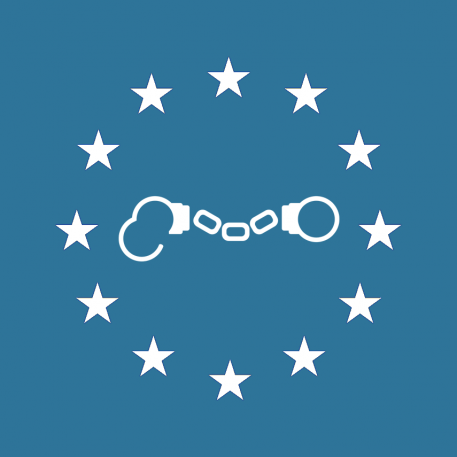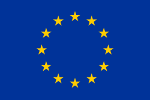
Beyond surrender
“Beyond Surrender” project aims to look at the use and abuse of the European Arrest Warrant (EAW) and its impact on the life of the defendants and their families. The project, funded by the EU Commission, is being coordinated by Fair Trials and implemented in cooperation with four partner organisations in Lithuania (Lithuanian Human Rights Monitoring Institute), Poland (Helsinki Committee in Poland), Romania (APADOR-CH) and Spain (Rights International Spain).
While the simplified system of surrender established by the EAW Framework Decision has undoubtedly had success in preventing the EU’s open borders from being exploited by those seeking to evade justice, the past eleven years have highlighted significant problems in its operation. The European Commission, the European Parliament, certain Member States and civil society have recognised that the main problems relate to:
- Disproportionate use of EAWs;
- Excessive and unjustified use of pre-trial detention; and
- The failure of issuing states adequately to protect human rights.
Member States have responded to these problems by adopting different approaches to implementation, while judges in executing states increasingly face the dilemma of the proper relationship between the principle of mutual recognition and a commitment to fundamental rights and other principles of EU law. After decisions to surrender are made, judges and lawyers in the executing state do not generally monitor what follows, including whether assurances (where given) are upheld, whether fundamental rights are enjoyed and whether the outcome confirms that the EAW was the right instrument to have used.
The overall aim of this project is to use the human stories of experiences beyond surrender to document the impact of a EAW on people’s lives and to inform future legal and policy developments.
Activities in the project
Summary of the inaugural meeting [EN]
Seminar “European Arrest Warrant in practice”, September 2016 – summary [PL]
Final report: The practice of the European arrest warrant in Poland as an issuing country [EN] [PL]
Case study: stories of persons for whom the European arrest warrant has been applied [EN]
Conference “Human rights and mutual recognition of judgments in the European Union – reflections on the Celmer case”, June 2018. Opinions of experts [PL]
The project is co-financed by the European Commission, and the Fair Trials Europe organization is responsible for coordination at the European level.


20.07.2018


 Cookies EN
Cookies EN